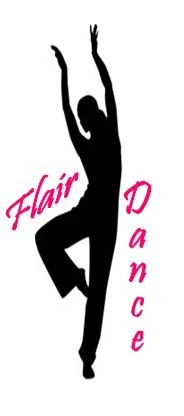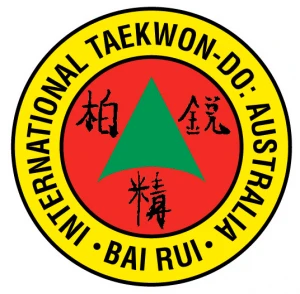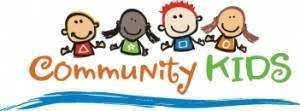- 52 Crescent Street, Gatton, QLD 4343
- 5-10 km from Caffey
Artificial Intelligence (AI) for Kids - Caffey (4343)
the Toowoomba Region, Queensland (QLD)
No exact matches found within 20km.
Other businesses in and around Caffey (within 20km)
Specialised Dance classes for non school age children. Offering classes in classical ballet, tap, jazz, hip hop, contemporary & acro. Adult classes Read more
Introducing the Gold Medal Gymnastic Ninja, the ultimate training companion for aspiring gymnasts and ninjas alike! With its innovative design and top-notch construction, this state-of-the-art apparatus is engineered to elevate your skills to new heights. Whether you're perfecting your flips, mastering balance, or honing your agility, the Gold Medal Gymnastic Ninja provides the perfect platform for your training journey. Crafted with premium materials and precision engineering, this versatile equipment... Read more
Welcome to the Gatton Pony Club. Our club grounds are located at Grantham, in the heart of the Lockyer Valley. We have a wide variety of members, from beginners to experienced, young and old. We pride ourselves on being a great place for all to come and learn new skills. The club holds rally days each month and various other events during the year. Please visit our events calendar for more details. If you would like to know more information about how to join, rally days, etc please feel free... Read more
Started in 1990, mainly music is a fun music group for parents or primary care givers to enjoy together with their young child. Throughout the morning, children develop gross and fine motor skills, language, imagination, mathematical and pre-reading skills as well as socialize with others. Each mainly music is associated with and is run by volunteers from a local church. Children are introduced to music, creativity and more, plus families given a chance to think about the God-part of life. Amazing... Read more
Welcome to Lowood and Gatton Gymnastics. We provide a safe and fun environment for kids of all ages to grow and develop gymnastics skills. Read more
Fun and affordable dance lessons. Jazz, Tap, Ballet and Contemporary classes for all ages! Read more
Bai Rui Taekwon-Do has many clubs within South East Queensland, South Burnett, Wide Bay and Canberra areas. Read more
UNLIMITED FREE TRIAL for traditional Self-defence!! Come along and get the benefits of fitness, self-discipline, respect, self-defence, confidence, focus and have fun while doing it. Rhee Tae Kwon-Do is a non-competitive and non-contact martial art focused on self-defence and developing a sound body and sound mind. Founded in Australia in 1970 by World Master Chong Chul Rhee, Rhee TaeKwon-Do is Australias first, biggest and best martial art school, with branches Australia wide. All... Read more
Laidley Central Child Care Centre provides a fun filled welcoming environment where children are encouraged to learn, grow and play. Read more
Our season runs from September to March each year and we accommodate for Tiny Tots up to U17's. Check out our website for more information and Little Athletics Queensland's website. Read more

















